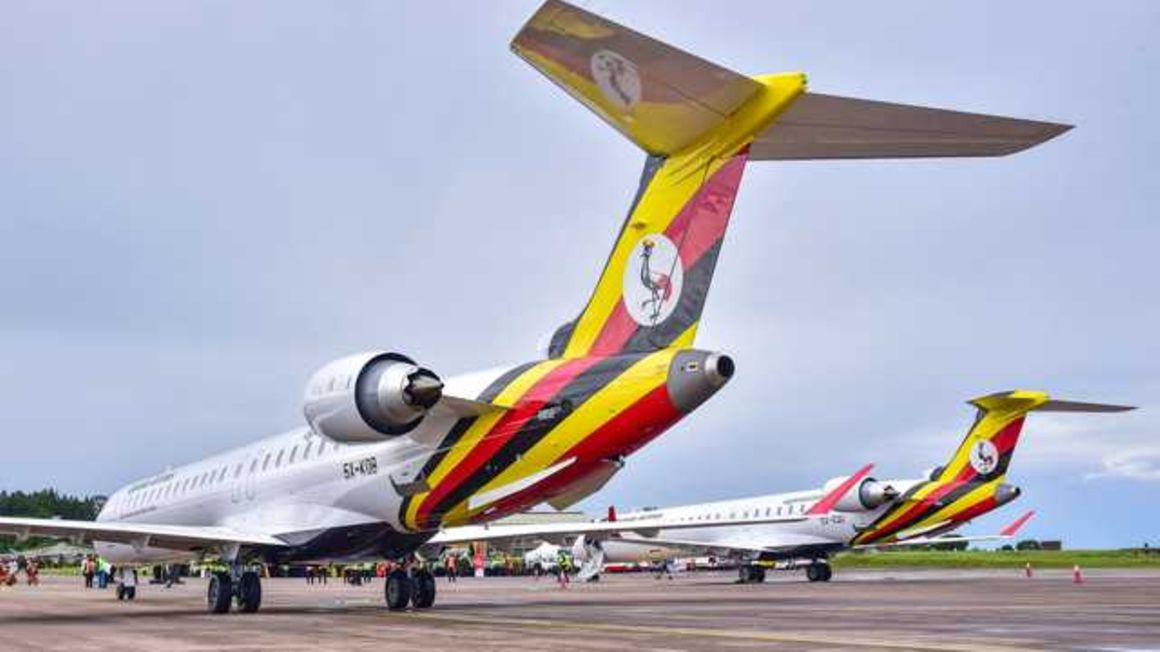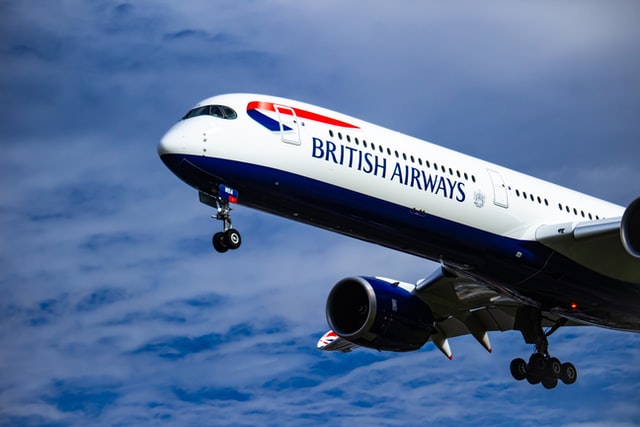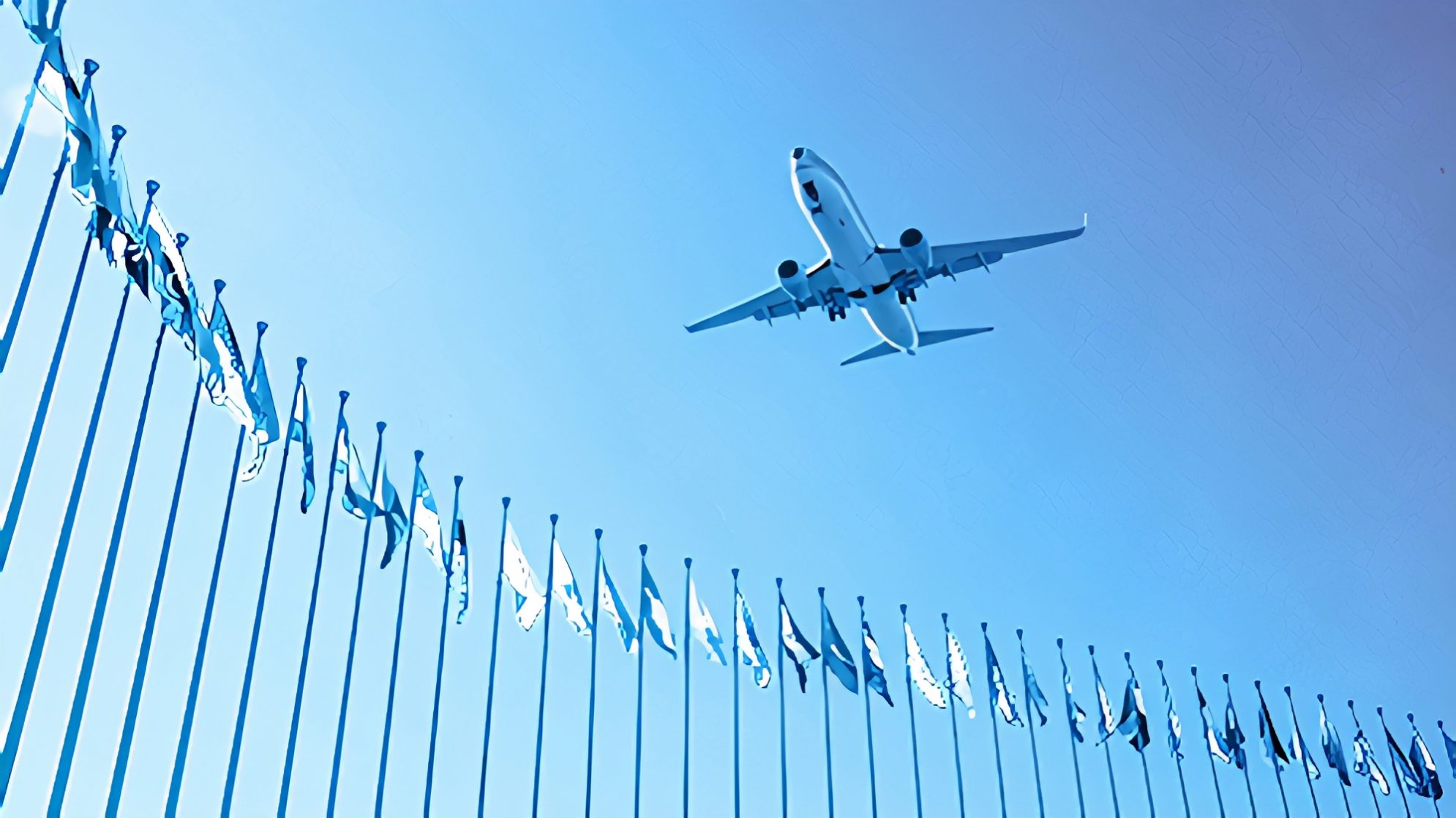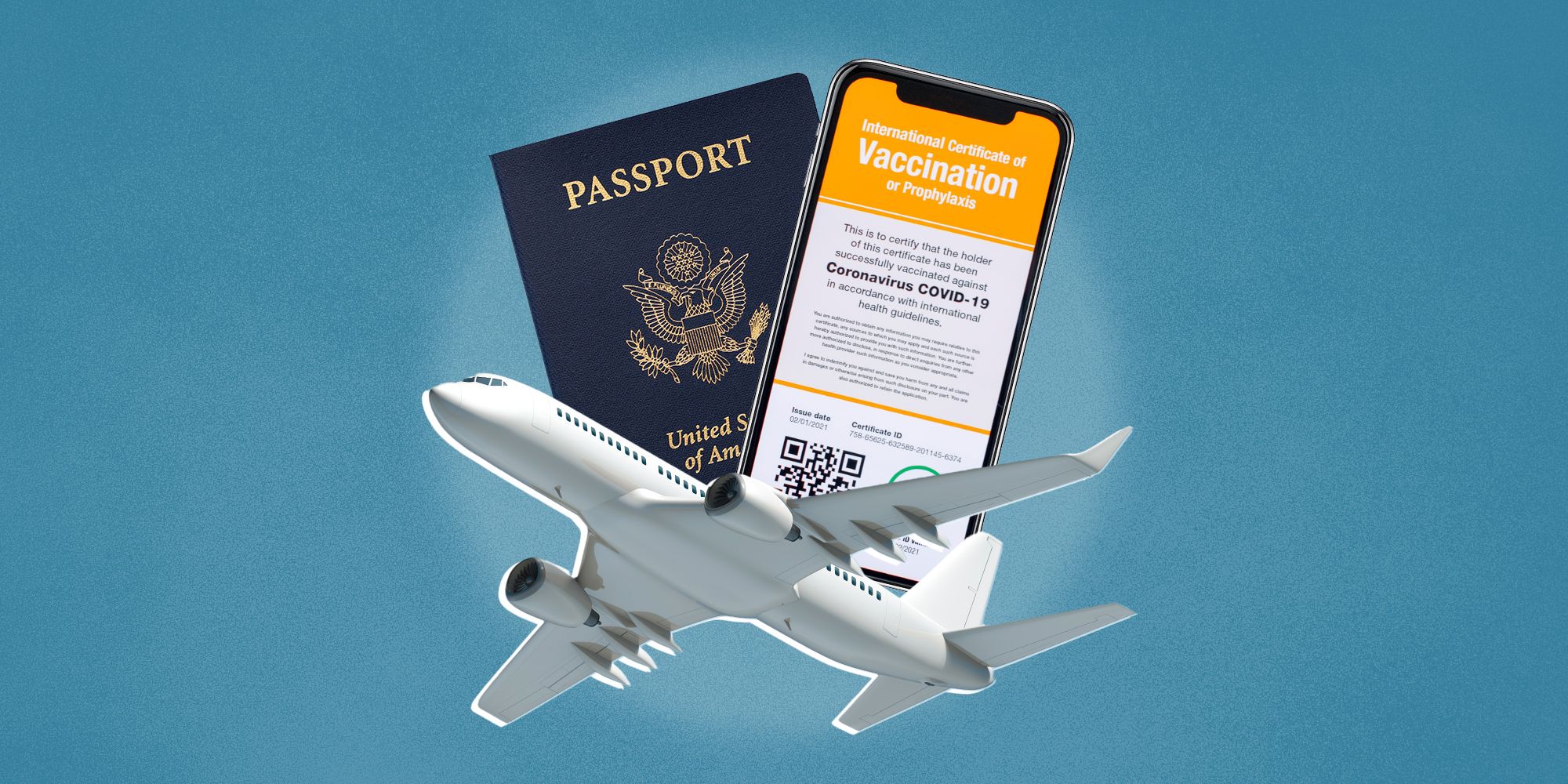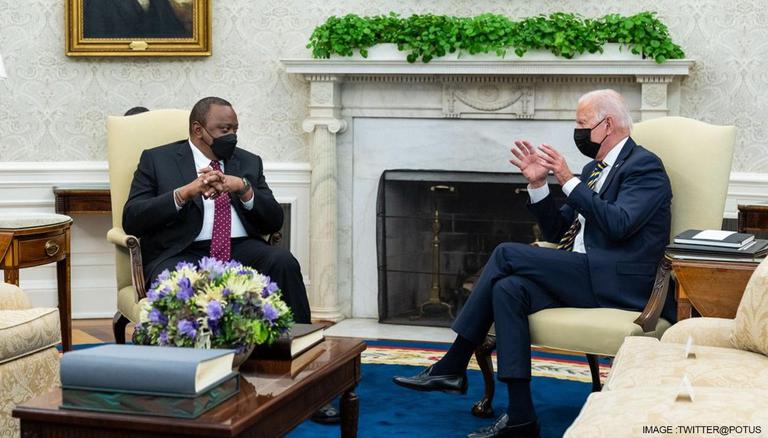As the world steps slowly into a post-pandemic era, the future looks increasingly digital. Covid-19 transformed behavior across the board, especially in how consumers want to engage with brands and businesses. Though present in the marketplace prior to 2020, contactless, streamlined digital solutions were brought to the fore by the pandemic, and businesses continue to embrace cutting-edge tech to stay ahead of the game and capitalize on future trends.
For Iceland-based digital solutions firm LS Retail, modern retail digitization is at the core of its business. SkiftX spoke to Urdur Anna Bjornsdottir, consulting manager at LS Retail, about the current growth in digital retail and how travel brands and operators can apply learnings from the industry to provide their customers with the best purchasing experiences possible.
SkiftX: In general, what are some capabilities that hospitality companies can learn from digital retail leaders when it comes to improving the customer purchasing experience?
Urdur Anna Bjornsdottir: One of the biggest opportunities is around controlling and unifying customer data with the digital experience. In order to get this right, hospitality companies must drive customers directly into their website and away from third-party platforms.
They also need to consider the entire guest journey and move away from the idea that they’re simply selling rooms. If the guest can book their entire stay on the hospitality provider’s website — not just the rooms and dining experiences, but also their horseback-riding trips, boat rentals, winery visits, museum tickets, and other off-property experiences — hospitality companies can gather extremely valuable data to help build a 360-degree view of the consumer, which can grow their revenue stream and margins. Building partnerships with other service providers can help achieve this.
There are also opportunities to improve the guest experience on property. Hotels can look to the retail industry in how it has applied QR codes and other contactless technologies that allow customers to order items and have them be delivered seamlessly. For example, a guest may want to order a snack or drink while on the golf course or at the pool. They could use their smartphone to scan a menu and get their items delivered where they are on property, and be billed to their room or on their credit card, depending on their preference.
SkiftX: What are some specific lessons from digital retail you expect to be most successful in hospitality and travel when it comes to providing a modern purchasing experience?
Bjornsdottir: Over the past year, retail has seen a boom of services that tie the digital with the physical. Options like click and collect and online ordering (with home delivery) have become extremely popular, and tactics such as these can be exported to the hospitality space.
Hospitality businesses also need to put more focus on using guest data to personalize the experience. Past purchases can, and should, be used to send guests recommendations and reminders. For example, during the booking process, a guest may be shown other services or products they might also be interested in, based on their previous purchases or on purchases made by guests with similar preferences.
Many hotels still offer a very small subset of add-ons when it comes to amenities beyond the standard breakfast or airport shuttle offerings. Instead, hotels should be thinking like Amazon: They should present guests with a large variety of products and services for purchase that can enhance their experience.
SkiftX: There’s been a lot of talk around having a single digital identity in the travel industry over the last few years. What might this look like, and why is it important?
Bjornsdottir: Imagine having a view over all bookings and reservations, across all facilities and all locations, wherever there’s a point of sale — not just rooms, but also spa, restaurant, tennis courts, and other experiences, amenities, and services. Having a single digital customer identity maximizes sales opportunities for hospitality companies, makes it easier for operators and employees to do their jobs, and provides guests with more cohesive and seamless experiences.
For example, if a property’s spa has an open massage slot due to a last-minute cancellation, a discounted offer for the massage could be pushed to the mobile device of a guest who has previously used the spa services.
A single digital identity can give hospitality companies more control over the guest journey on property. For example, if the property is looking to drive guest traffic to the rooftop pool, an offer for a free drink at the pool bar could be pushed to their mobile device.
SkiftX: What are some challenges you expect hospitality and travel companies to face as they strive to adapt to these new digital merchandising capabilities over the next few years?
Bjornsdottir: Too many companies in the hospitality industry still have a ‘If you build it, they will come’ mentality. However, this doesn’t work with modern consumers. You need to be where they are and offer what they’re looking for in terms that resonate with them.
They’ll first need to put the work in to understand how the customer journey has changed. They’ll need to map out what the new guest journey looks like, uncover the gaps within their current offerings, and strategize what’s needed to move to a more personalized, guest-centered customer experience. Many companies will also need to significantly update their technology. Most hospitality companies won’t be able to support a modern guest journey and all the digital components that come with it with their current tech stack.
Dealing with legacy operations and processes is another challenge. No matter how inefficient or complex the old processes are, it’s often difficult for companies to let go of ingrained habits. Companies will need to foresee where they might encounter resistance to change and think ahead about how they might communicate these changes with all stakeholders, which might mean providing a clear timeline with an overview of how various teams will be impacted, or offering training and supporting employees.
SkiftX: In what ways did the Covid-19 pandemic play a role in how hotels and travel companies will likely adapt to new hospitality tech?
Bjornsdottir: Contactless and self-service technologies were growing in popularity before Covid-19, but they’re increasingly becoming a must-have for operators, especially as some people continue to demand social distancing protocols or new ways they engage and communicate. These tech tools are becoming core components of the modern guest experience. In the coming years, we’ll see more focus on technology that puts guests in the driver seat and gives them the freedom to decide when, how, and to what extent, they wish to interact with people.
SkiftX: What are some lessons the industry can take from this period that can be used going forward?
Bjornsdottir: Although the hospitality industry is inherently physical and in-person, digital has become a key component of the hotel experience. You need to make sure you’re top of mind with consumers when they’re researching, making plans, and considering options — and that now happens predominantly online.
Until now, too many operators have been relying on complex technology, which can only be expanded with costly integrations and lengthy projects. The past year proved that operators need to adopt technology that gives them the agility to change course and add new functionalities as consumer demands shift and opportunities arise.
This content was created collaboratively by LS Retail and Skift’s branded content studio, SkiftX.
Source: Skift

